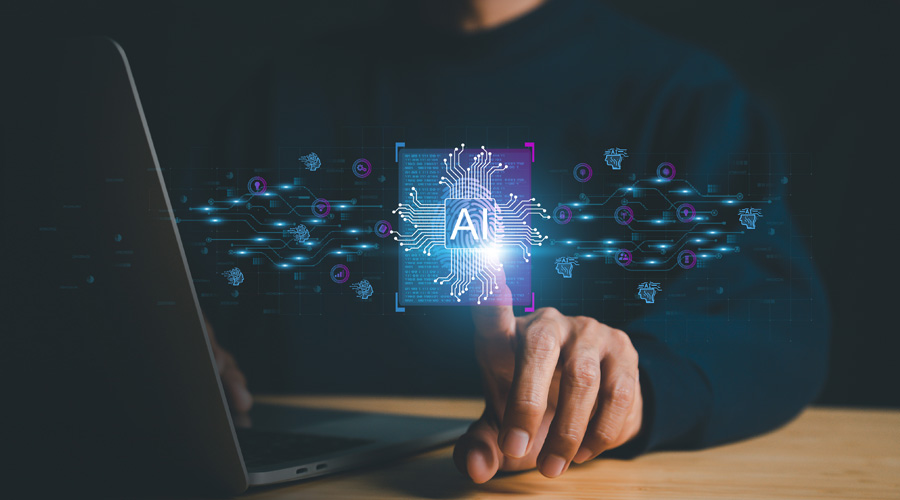Organizations are increasingly utilizing artificial intelligence (AI) in employment-related decisions. Although AI technology can offer several benefits (e.g., improved efficiency, objectivity and decision-making), it also presents risks, including biases and discrimination from outdated or nondiverse data and ethical concerns related to data utilization and storage.
Moreover, there are numerous laws and regulations that businesses must consider when using AI in employment decisions, such as the Canadian Human Rights Act and the Personal Information Protection and Electronic Documents Act. Failure to comply with applicable regulations could result in fines, penalties and reputational damage. Therefore, it’s crucial that employers reduce the risks of AI in their employment decisions.
Strategies Businesses Can Implement to Reduce AI Risks
To mitigate potential liability and reduce risks associated with AI use, employers can implement the following strategies:
- Follow applicable laws and regulations. Organizations must ensure they are permissibly using AI in employment-related decisions. To do this, it’s important to work with the AI vendor to understand the technology’s algorithm, consult with legal professionals about the applicable laws and regularly monitor the technology’s outputs for discriminatory results with procedures in place to correct them.
- Develop clear ethical guidelines. Internal policies should address appropriate AI use, detail consent procedures for job candidates and employees, and emphasize transparency and explainability of AI algorithms.
- Implement human oversight and intervention procedures. Human involvement in decision-making processes is essential to ensure the legal and proper functioning of AI technology.
- Ensure data quality to address biases. Since AI can perpetuate unlawful biases, the data inputted into the system must be accurate, relevant, diverse and complete. This can help the system return stronger and more compliant results.
- Audit and evaluate AI performance regularly. Like other systems, AI needs to be audited regularly to analyze its outputs. Corrections and adjustments can then be made to enhance its performance.
AI utilization in employment decision-making is increasing, but it presents various risks. Employers must be aware of the advantages as well as potential exposures and legal concerns when incorporating this technology into their operations.

